-
Legacy of the ARC Centre of Excellence for Climate Extremes

The legacy of the ARC Centre of Excellence for Climate Extremes has been to shape and advance our collective understanding of the processes behind extreme events, including their dependence on climate change and climate variability.
-
From mechanical engineering to urban climate: Maryam Fazeli’s unique career path

Maryam Fazeli is a PhD researcher in the School of Built Environment at the University of New South Wales, the ARC Centre of Excellence for Climate Extremes, and the ARC Centre of Excellence for 21st Century Weather. After studying mechanical engineering in Iran, Maryam moved to Australia to pursue a PhD in urban climate. Her…
-
New study links local meteorology to coral bleaching events in the Great Barrier Reef
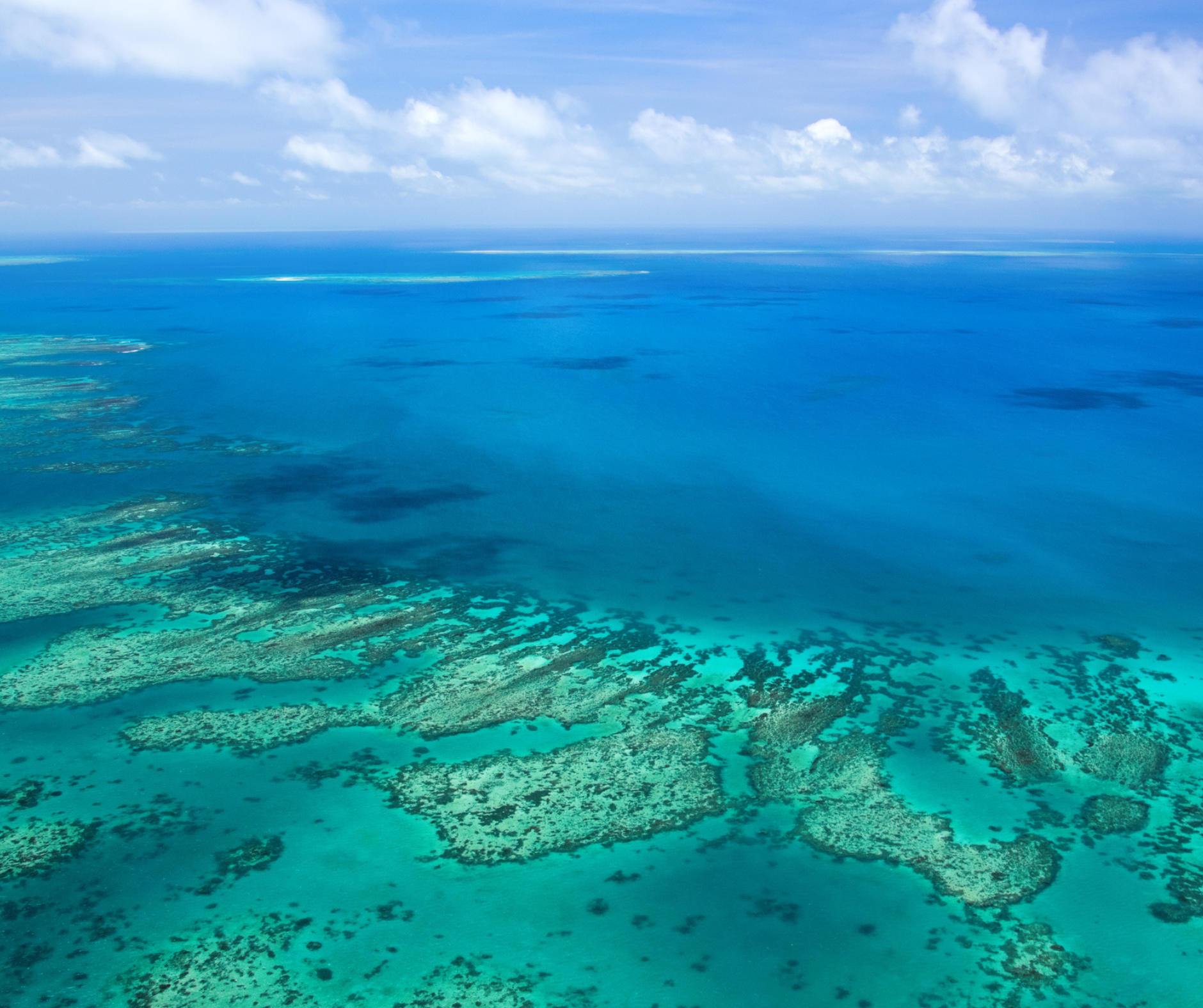
In February 2022, 91% of the Great Barrier Reef’s corals bleached. A new study led by PhD researcher Lara Richards reveals that changing wind patterns were the main cause of this extreme event.
-
From sci-fi comic books to atmospheric waves: follow the journey of Fadhlil Rizki Muhammad

After growing up and studying meteorology in Indonesia, Fadhlil moved to Australia to pursue a PhD at the ARC Centre of Excellence for Climate Extremes. He is currently studying the impacts of equatorial waves on tropical Australian Rainfall. Here, we take a look at his career journey to date.
-
Huge waves in the atmosphere dump extreme rain on northern Australia

Atmospheric waves are like vast musical notes resonating around the globe. Researchers have recently discovered how these waves affect Australia’s rainfall and how they can help us make better weather forecasts.
-
Climate change may lead to more severe ENSO-driven precipitation and temperature extremes
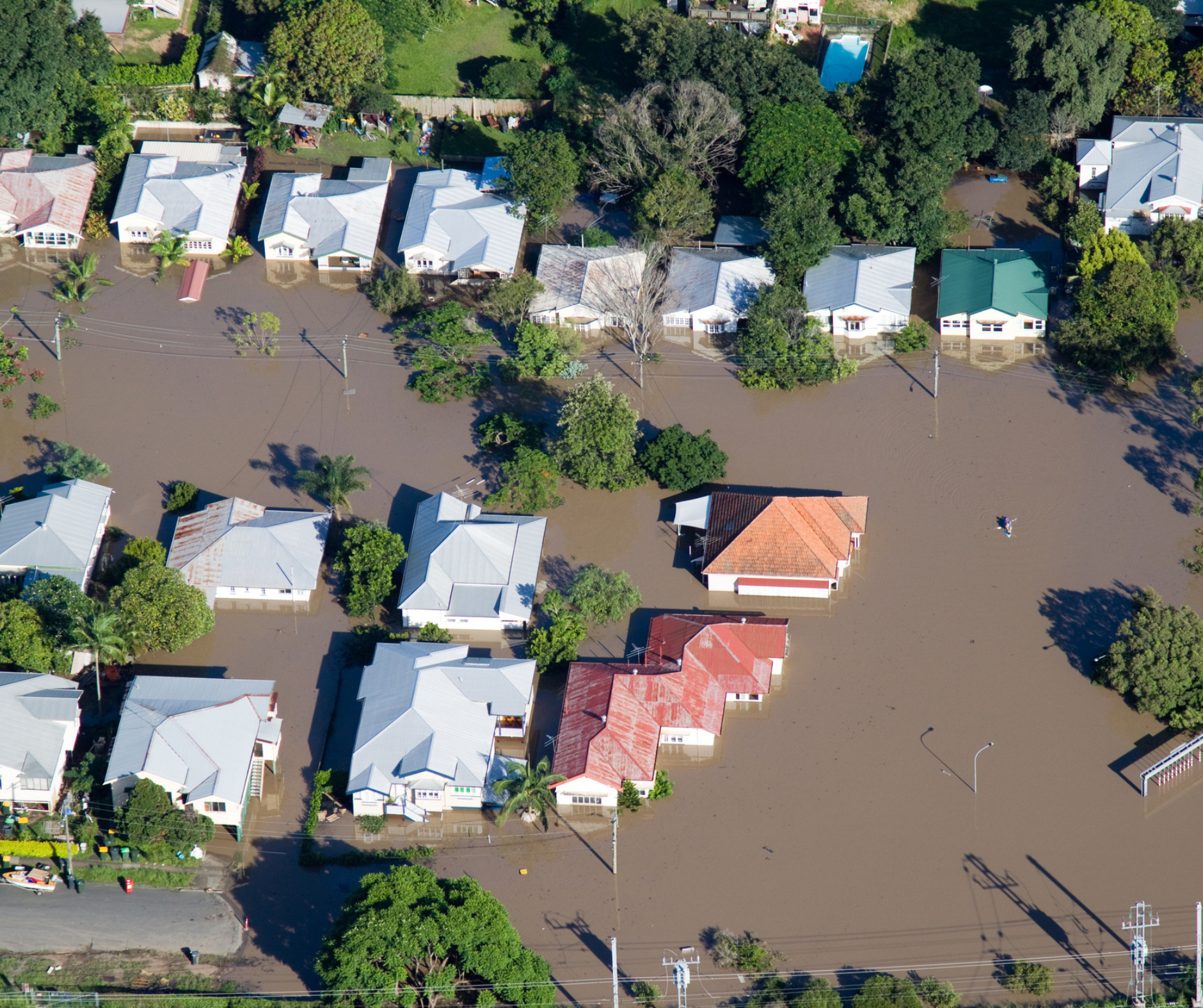
It has been suggested that ENSO teleconnections may amplify in the future. A new study reveals that this amplification could lead to more severe ENSO-induced precipitation and temperature extremes in some parts of the world.
-
Antarctic Inquiry: climate scientists highlight the crucial role of Antarctic research at the Australian Parliament
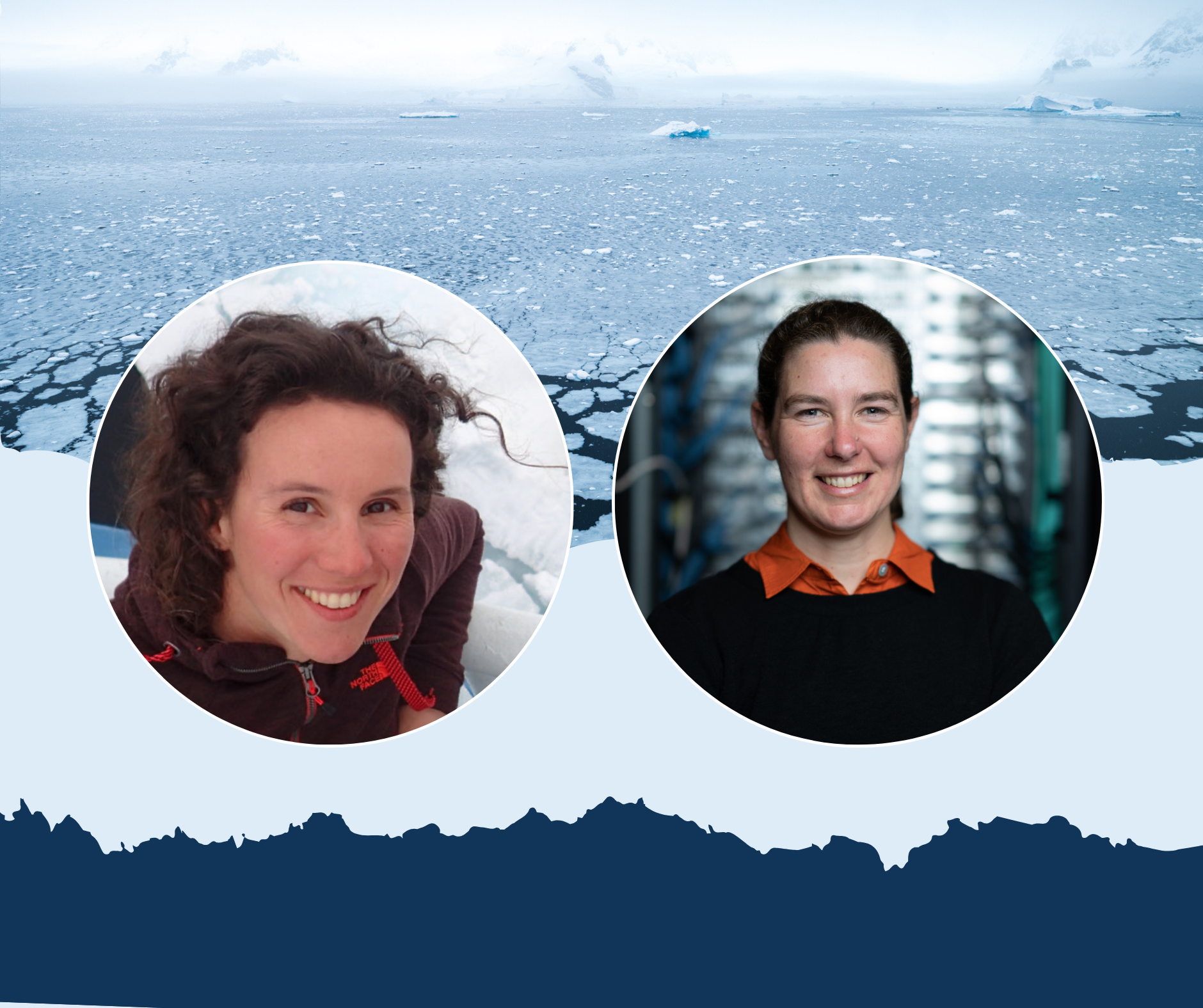
Sea ice is declining at an alarming rate in Antarctica with significant implications for Australia’s weather and climate. Appearing before the Committee last week, two researchers from the ARC Centre of Excellence for Climate Extremes called for increased support for Antarctic research.
-
How does the climate react to net zero?
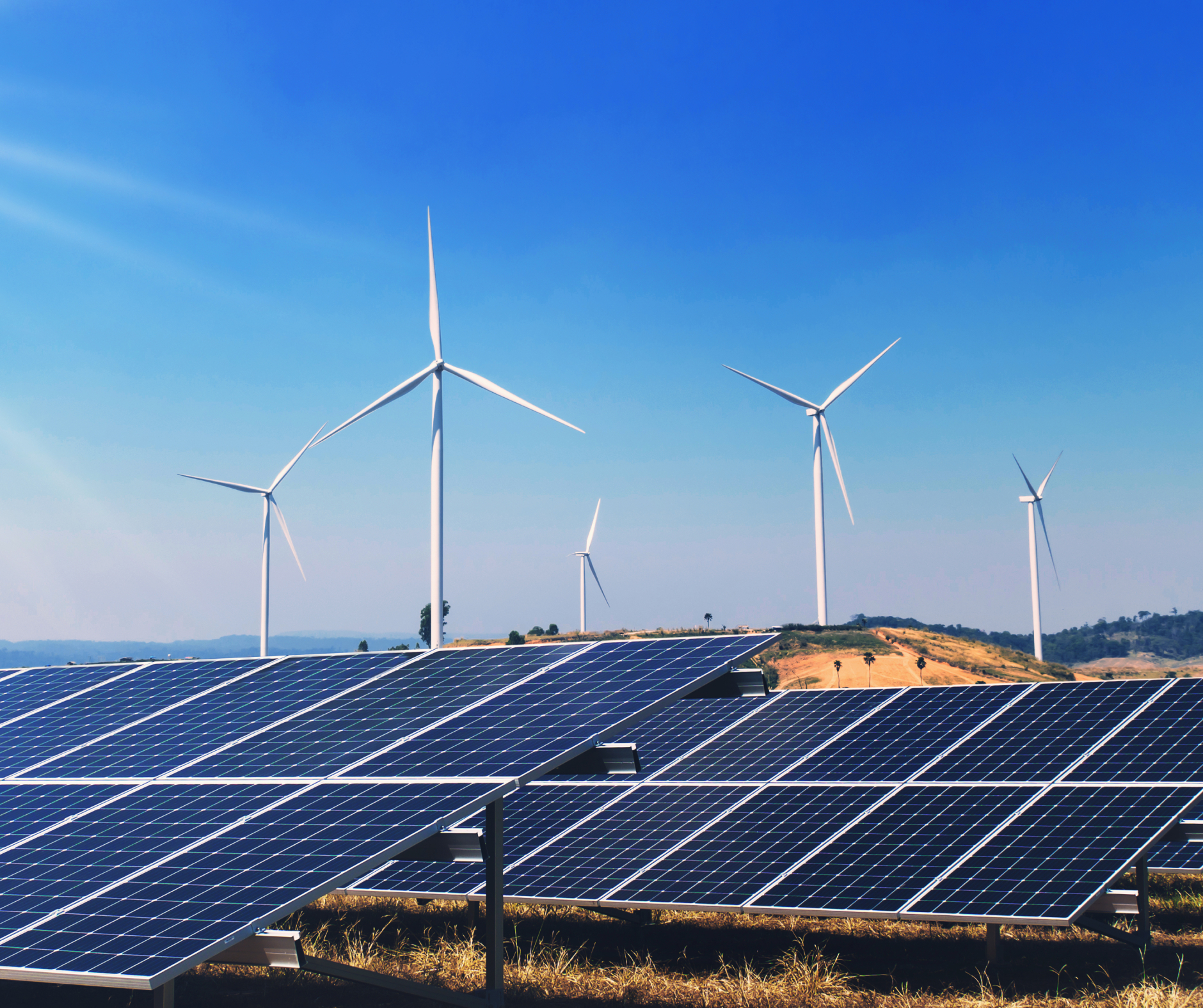
How will Australia achieve net zero, and what comes next? Meet the climate experts leading the way.
-
The power of AI in climate modelling and beyond
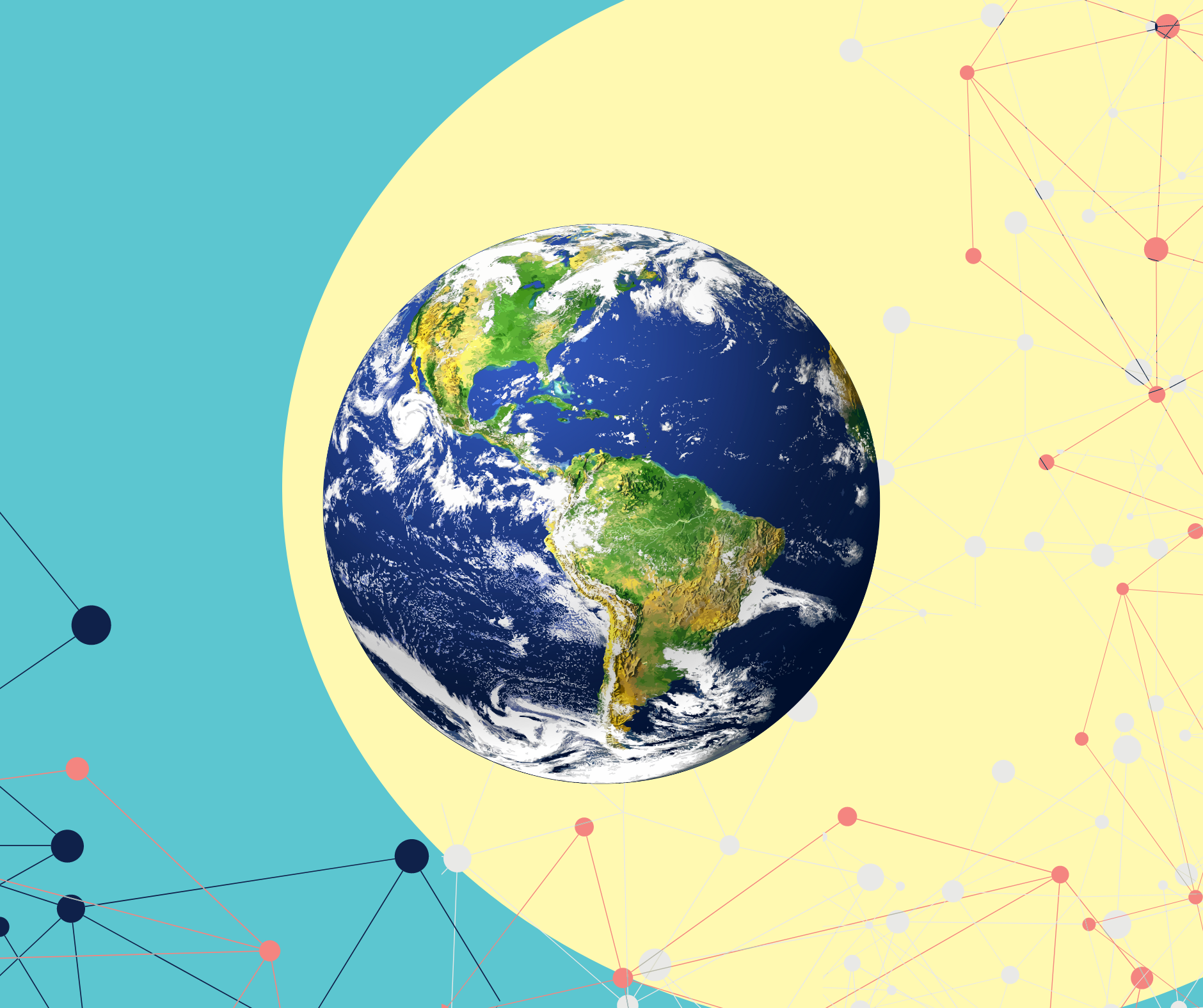
Artificial intelligence (AI) is increasing in popularity in the field of climate modelling. Academic publications on the topic have surged and there are more and more initiatives to support the development of research in that field. But, where does this growing interest come from?
-
Exploring the unique career journey of Denisse Fierro Arcos

After studying hotel management in Ecuador and conducting research on sharks in the Galápagos Islands, Denisse decided to pursue a PhD with the ARC Centre of Excellence for Climate Extremes and the Institute for Marine and Antarctic Studies in Tasmania. She is currently focusing on understanding how fine-scale changes in sea ice and ocean conditions…
